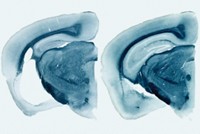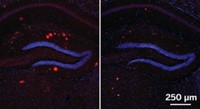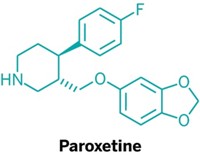Advertisement
Grab your lab coat. Let's get started
Welcome!
Welcome!
Create an account below to get 6 C&EN articles per month, receive newsletters and more - all free.
It seems this is your first time logging in online. Please enter the following information to continue.
As an ACS member you automatically get access to this site. All we need is few more details to create your reading experience.
Not you? Sign in with a different account.
Not you? Sign in with a different account.
ERROR 1
ERROR 1
ERROR 2
ERROR 2
ERROR 2
ERROR 2
ERROR 2
Password and Confirm password must match.
If you have an ACS member number, please enter it here so we can link this account to your membership. (optional)
ERROR 2
ACS values your privacy. By submitting your information, you are gaining access to C&EN and subscribing to our weekly newsletter. We use the information you provide to make your reading experience better, and we will never sell your data to third party members.
Biological Chemistry
Mitosis condemns Parkinson's neurons
February 19, 2007
| A version of this story appeared in
Volume 85, Issue 8
Dopamine neurons in the adult brain typically do not undergo mitosis, the process of cell division. But in patients with Parkinson's disease, neurons are inappropriately prompted to initiate a cell-division process, say neurologist Günter U. Höglinger of Philipps University, Marburg, Germany, and colleagues (Proc. Natl. Acad. Sci. USA, DOI: 10.1073/pnas.0611671104). Paradoxically, cells that start down the pathway to cell division also become more vulnerable to apoptosis, or controlled cell death. Activating the division pathway therefore contributes to the neuronal death seen in Parkinson's patients, the researchers conclude. In postmortem human brain tissue, they found that neurons had duplicated their DNA. The cells had also expressed regulatory proteins that participate in mitosis, including E2F-1 transcription factor. The researchers obtained similar results in a study of Parkinson's disease in mice. In addition, mice that were deficient in E2F-1 were significantly more resistant to neuronal cell death. The researchers suggest that drugs that reduce the activity of such cell-division regulators might be effective in slowing or halting the neurodegeneration of Parkinson's disease.





Join the conversation
Contact the reporter
Submit a Letter to the Editor for publication
Engage with us on Twitter